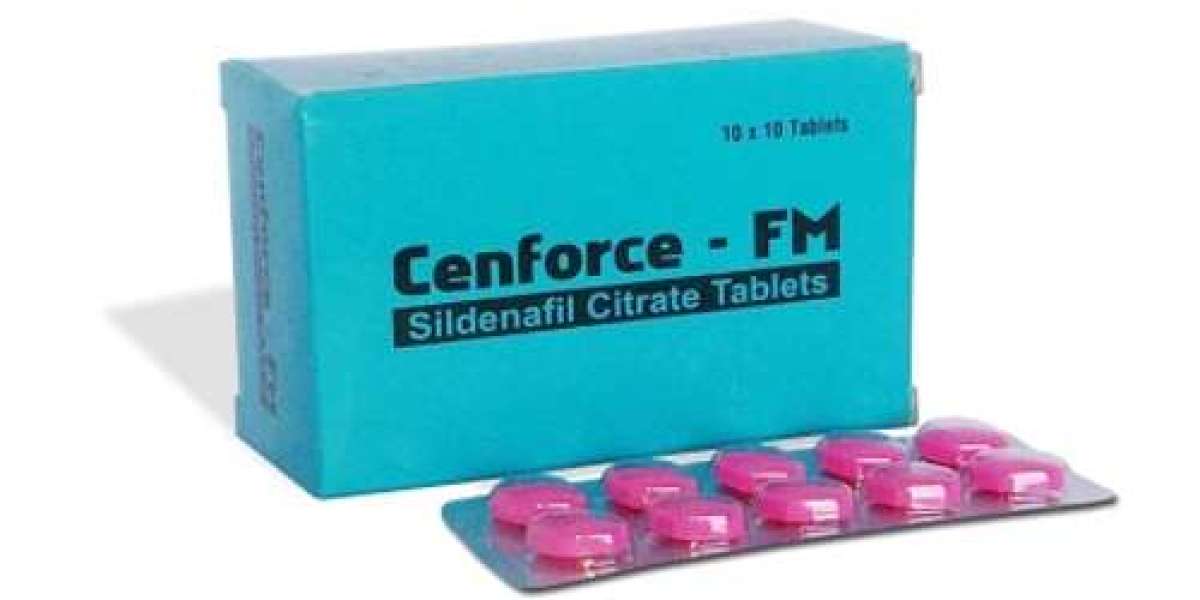In the fast-paced world of manufacturing, efficiency, precision, and real-time data are critical to staying competitive. To meet these demands, manufacturers rely heavily on specialized software solutions designed to streamline production processes, optimize operations, and improve overall management. Two essential software tools in modern manufacturing are Manufacturing Production Software and Manufacturing ERP (Enterprise Resource Planning) Software. In this blog, we will explore the role of both of these tools, how they benefit manufacturers, and why investing in the right software solution can drive success.

What is Manufacturing Production Software?
Manufacturing Production Software, also known as Manufacturing Execution System (MES), is a specialized software designed to manage and monitor production processes on the factory floor. It acts as a bridge between the factory floor and higher-level business systems (such as ERP or enterprise resource planning software). MES provides real-time data on the status of production, including work orders, inventory levels, machine performance, labor efficiency, and quality control.
The core functions of Manufacturing Production Software include:
- Real-time Monitoring: Track production processes, work orders, and inventory in real time to ensure the factory operates smoothly.
- Production Planning and Scheduling: Automate scheduling, track resources, and optimize production plans to meet demand without overburdening the system.
- Quality Control: Monitor quality at each stage of production, ensuring products meet quality standards and reducing defects.
- Data Collection and Reporting: Gather data from various production points, analyze it, and generate reports to inform decision-making and improve performance.
- Equipment Management: Keep track of equipment maintenance schedules and performance to reduce downtime and increase machine lifespan.
By integrating real-time data, MES ensures that manufacturing processes are optimized, waste is reduced, and production output aligns with the demand. This leads to better efficiency and profitability.
What is Manufacturing ERP Software?
Manufacturing ERP Software is an integrated suite of applications that manage and automate key business functions across the entire manufacturing organization. Unlike MES, which focuses specifically on production management, ERP systems manage a broader scope, including finance, human resources, procurement, inventory, and supply chain operations.
Some of the key features and benefits of Manufacturing ERP Software include:
- Integrated Business Functions: ERP software integrates various departments, ensuring seamless communication across different functions, such as procurement, production, sales, and customer service.
- Inventory and Supply Chain Management: ERP systems optimize inventory levels, track raw materials, finished goods, and manage suppliers, ensuring that the supply chain runs efficiently and costs are minimized.
- Financial Management: ERP solutions provide real-time financial tracking, helping manufacturers monitor costs, revenues, and profitability, while generating financial statements and reports.
- Order Management: From taking customer orders to tracking production and shipping, ERP helps streamline the entire order fulfillment process.
- Human Resource Management: ERP software often includes HR functionalities, such as employee scheduling, payroll, and performance management.
A manufacturing ERP system allows for better strategic planning and decision-making by providing a unified platform for all key business functions. It ensures that the organization operates efficiently and can respond quickly to changes in demand, market conditions, or supply chain disruptions.
How Manufacturing Production Software and ERP Work Together
While Manufacturing Production Software and ERP systems serve different but complementary roles, their integration can yield significant benefits for manufacturers. When these systems work together, manufacturers can:
- Improve Efficiency: By synchronizing data between the shop floor and business operations, manufacturers can reduce downtime, minimize production delays, and ensure that inventory levels are aligned with production schedules.
- Enhance Data Visibility: Real-time data from MES integrates with the ERP system, giving management a complete picture of production, inventory, order status, and financial performance. This enhances visibility into the entire supply chain and operations, enabling proactive decision-making.
- Streamline Processes: When both systems are integrated, tasks like order processing, inventory management, and production scheduling become more streamlined, reducing the risk of errors and delays.
- Boost Customer Satisfaction: By having better control over production schedules, quality, and inventory, manufacturers can deliver products on time and with the desired quality, leading to greater customer satisfaction.
The Benefits of Manufacturing Software Solutions
- Increased Productivity: By automating and optimizing manufacturing processes, production software ensures that manufacturers can do more in less time. Reduced downtime, improved machine utilization, and more efficient use of labor all contribute to higher productivity levels.
- Better Decision-Making: Both MES and ERP provide valuable data and analytics to decision-makers. With accurate, real-time insights into everything from inventory levels to order status, executives and managers can make better decisions that drive business growth.
- Cost Reduction: Manufacturing software helps companies identify inefficiencies, reduce waste, and optimize the use of resources. Whether it’s reducing material waste, lowering energy consumption, or minimizing downtime, the software ensures that manufacturers operate more cost-effectively.
- Scalability: As your manufacturing business grows, both MES and ERP systems can scale to meet new demands. With modular designs, they allow you to add new capabilities as your business needs change, ensuring that you stay ahead of the competition.
- Improved Compliance: Many industries require strict regulatory compliance. Manufacturing software helps ensure that operations adhere to industry standards and regulations, reducing the risk of fines, legal issues, and reputational damage.
Conclusion: The Future of Manufacturing Software
As the manufacturing industry becomes more complex and competitive, the need for advanced software solutions is more pressing than ever. Manufacturing Production Software and Manufacturing ERP Software offer immense benefits by optimizing production processes, improving data visibility, and streamlining operations. By leveraging these technologies, manufacturers can drive efficiency, reduce costs, and deliver higher-quality products to meet customer demands.
Investing in the right manufacturing software is not just about automating tasks; it’s about transforming your business into a more agile, responsive, and profitable organization. Whether you’re a small manufacturer or a large-scale enterprise, the right software can pave the way for long-term success and growth in today’s digital age.



